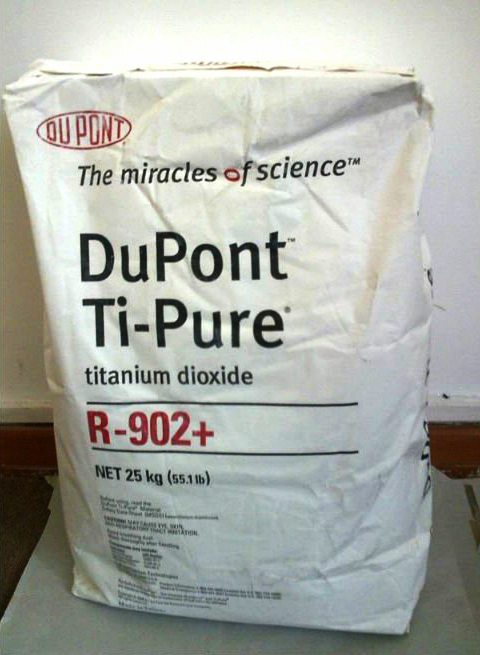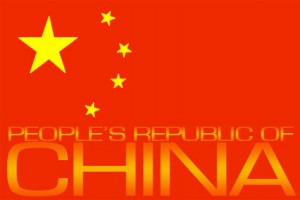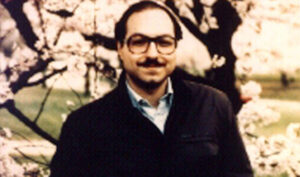This man recruited two DuPont engineers to steal secrets.
(AP) A Northern California chemical engineer is facing more than 20 years in prison for a rare economic-espionage conviction for selling to China the technology that creates a white pigment.
A jury convicted Walter Liew, 56, of selling DuPont Co.’s secret recipe for making cars, paper and a long list of everyday items whiter to the Chinese government for $28 million.
Prosecutors are demanding a prison sentence of up to 22 years, arguing Liew’s punishment needs to serve as a deterrent to others contemplating stealing trade secrets. Sentencing is set for Thursday.
“Defendant’s conduct in this case represents a concrete threat to our nation’s economic interests,” prosecutor John Hemann wrote in court papers arguing for the lengthy prison sentence.
Hemann argued that DuPont spent hundreds of millions of dollars and many years developing an efficient processing method for manufacturing the white pigment that enabled it to capture 20 percent of the $17 billion global market. . . .
. . . . Liew and his wife, Christina Liew, launched a small California company in the 1990s aimed at exploiting China’s desire to build a DuPont-like factory to manufacture the white pigment known as titanium dioxide.
The Liews hired retired DuPont engineers and, according to the FBI, paid them thousands of dollars for sensitive company documents laying out a process to make the pigment.
“After many years of follow-up research and application, my company has possession and mastery of the complete DuPont way,” said a 2004 letter Liew wrote to a Chinese company run by the government that was shown to the jury.
In 2009, the Chinese government-controlled Pangang Group Co. Ltd. awarded the Liews’ company a $17 million contract to build a factory that could produce 100,000 metric tons of the pigment a year.
The same company had earlier awarded the Liews’ company millions more in similar contracts for smaller projects.
Prosecutors allege that the operating Chinese factory was built with a detailed DuPont instruction manual stamped “confidential,” which earlier was used to build DuPont’s newest plant in Taiwan. . . .
. . . . Robert Maegerle, a retired DuPont engineer, was convicted of economic-espionage charges along with Walter Liew in March. . . . A third man, retired DuPont engineer Timothy Spitler, committed suicide in early 2012 on the day he was to sign a plea bargain admitting his role in the conspiracy.












